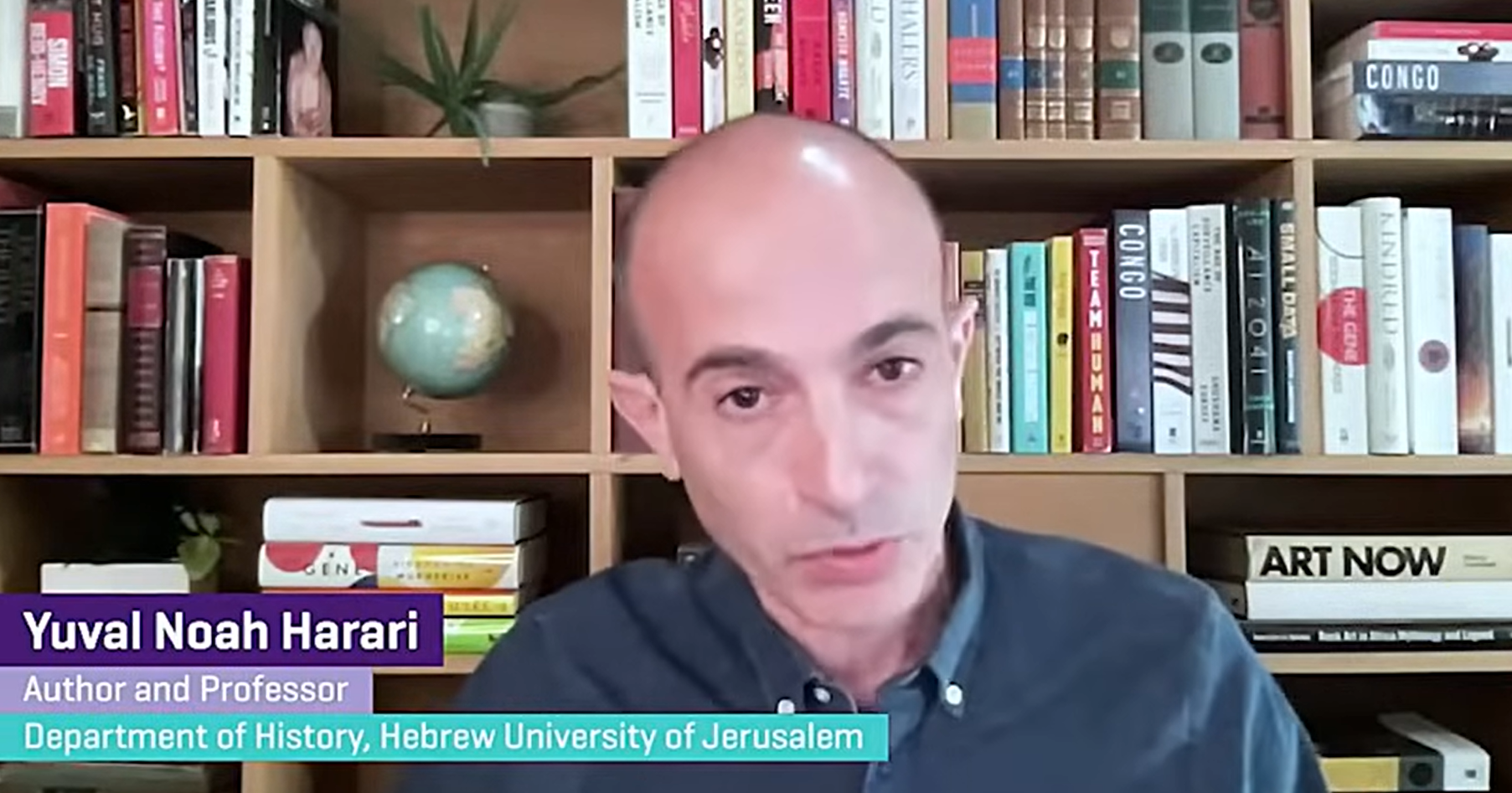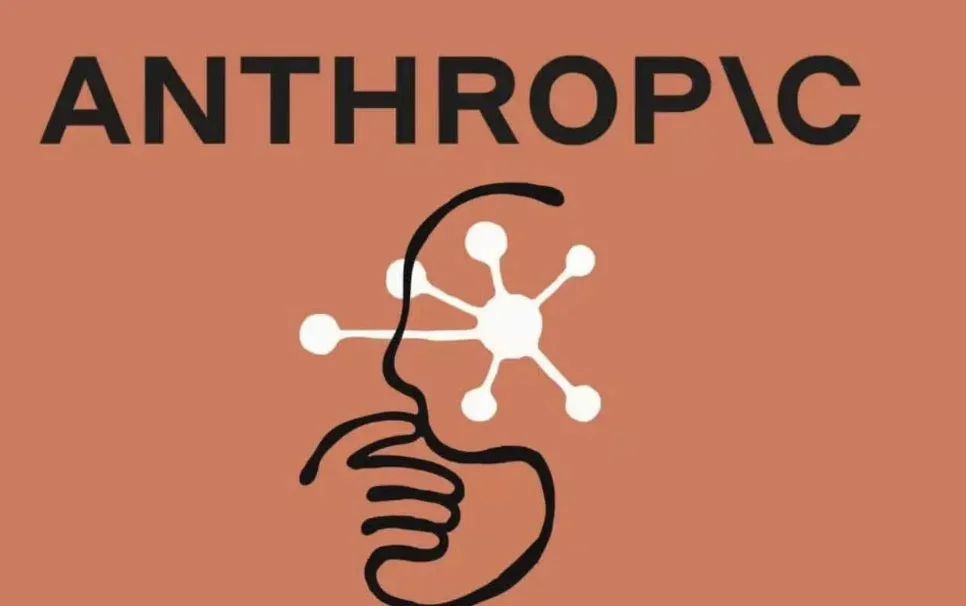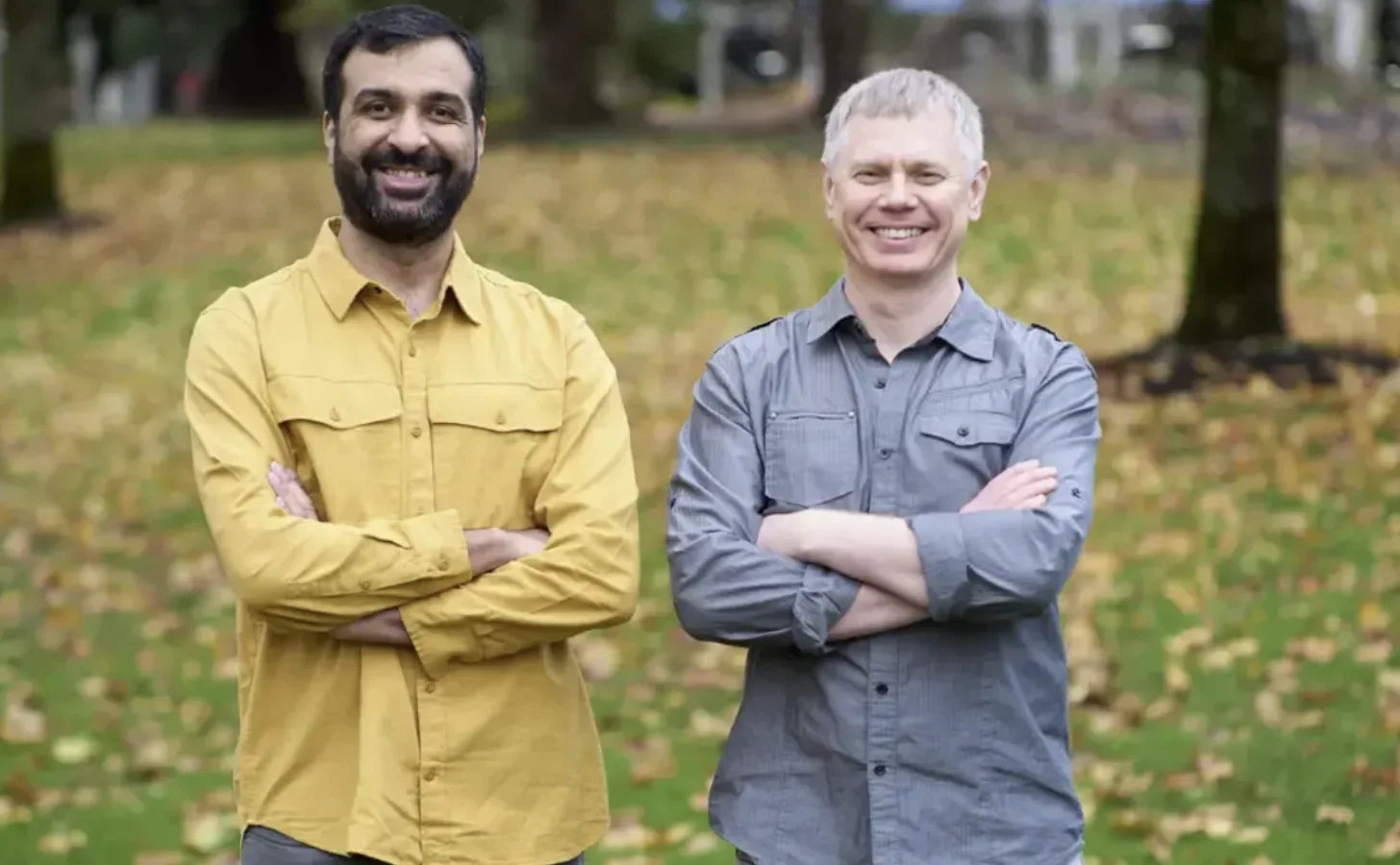In an exclusive interview at the BIS Innovation Summit which took place in May, renowned historian and philosopher Yuval Noah Harari discussed the power of artificial intelligence (AI) and its potential impact on society and global finance. Harari’s opinion, captured verbatim, provided a thought-provoking examination of AI’s potential to reshape the world as we know it.
“The financial system’s complexity is already beyond the understanding of most people,” Harari asserted. “What happens if this number goes down to zero? No human being, no president, no prime minister, nobody in the Central Bank understands finance anymore because AI has made it too complicated.”
Harari’s concerns are not just about the technicalities of AI, but about the profound political and social ramifications.
“This could lead to a political and social crisis of a kind we’ve never encountered before,” he warned. “It could lead to power shifting from humans to algorithms, to AI forms of intelligence.”
The historian stressed the unique nature of AI, describing it as an “alien intelligence” rather than merely artificial.
“AI is not organic; it doesn’t think like a human or a chimpanzee or a dog. It makes decisions in a completely different way,” he explained. This distinctiveness enables AI to explore areas of creativity and problem-solving that humans cannot.
Harari also paid attention to the dangers of AI’s autonomous decision-making capabilities.
“AI is the first tool in history that can make decisions by itself and can create new ideas by itself,” he noted. This ability to independently generate new concepts and solutions is what makes AI both revolutionary and potentially perilous.
In discussing the financial sector, Harari pointed out the inherent risks of relying on AI to manage complex systems.
“Imagine a scenario where most of the financial activity in the world is being done by AI,” said Harari. “Humans have lost the ability to understand most of the financial system; it’s too complicated for our brains. There is a financial crisis, and no human politician is able to understand what is happening. We have to rely on the AI to tell us what is the crisis and what are the potential solutions.”
Despite these concerns, Harari acknowledged the potential benefits of AI, particularly in addressing global challenges like climate change.
“AI can help us deal with the climate crisis and the energy crisis,” he said. “There is no shortage of energy in the universe; we just don’t know how to tap it and use it in the best, most eco-friendly way. And this is something that AI, when used correctly, can certainly help us with.”
In reflecting on humanity’s past technological transitions, Harari stressed the importance of learning from history to navigate the current AI revolution.
“Every technology we invent has both negative and positive potential. The problem is the transition period, the path,” he remarked, before adding: “Even if in the end we get it right, on the way there we often have to go through dangerous and failed experiments.”
Harari’s earlier warnings covered by AI Insider this year were echoed throughout the interview. He highlighted the necessity of regulatory frameworks and international cooperation to manage AI’s development responsibly.
“We need to prevent AI from becoming completely unfathomable,” he said. “If we give it a lot of power to make decisions about human beings and society, we need the ability to understand and regulate it.”
As an AI-focused publication, the AI Insider values Harari’s profound insights into the AI vertical. His thoughts compel us to consider both the extraordinary potential and the significant risks of AI, urging a balanced and cautious approach to this transformative technology.
Featured image: Credit: Yuval Noah Harari






